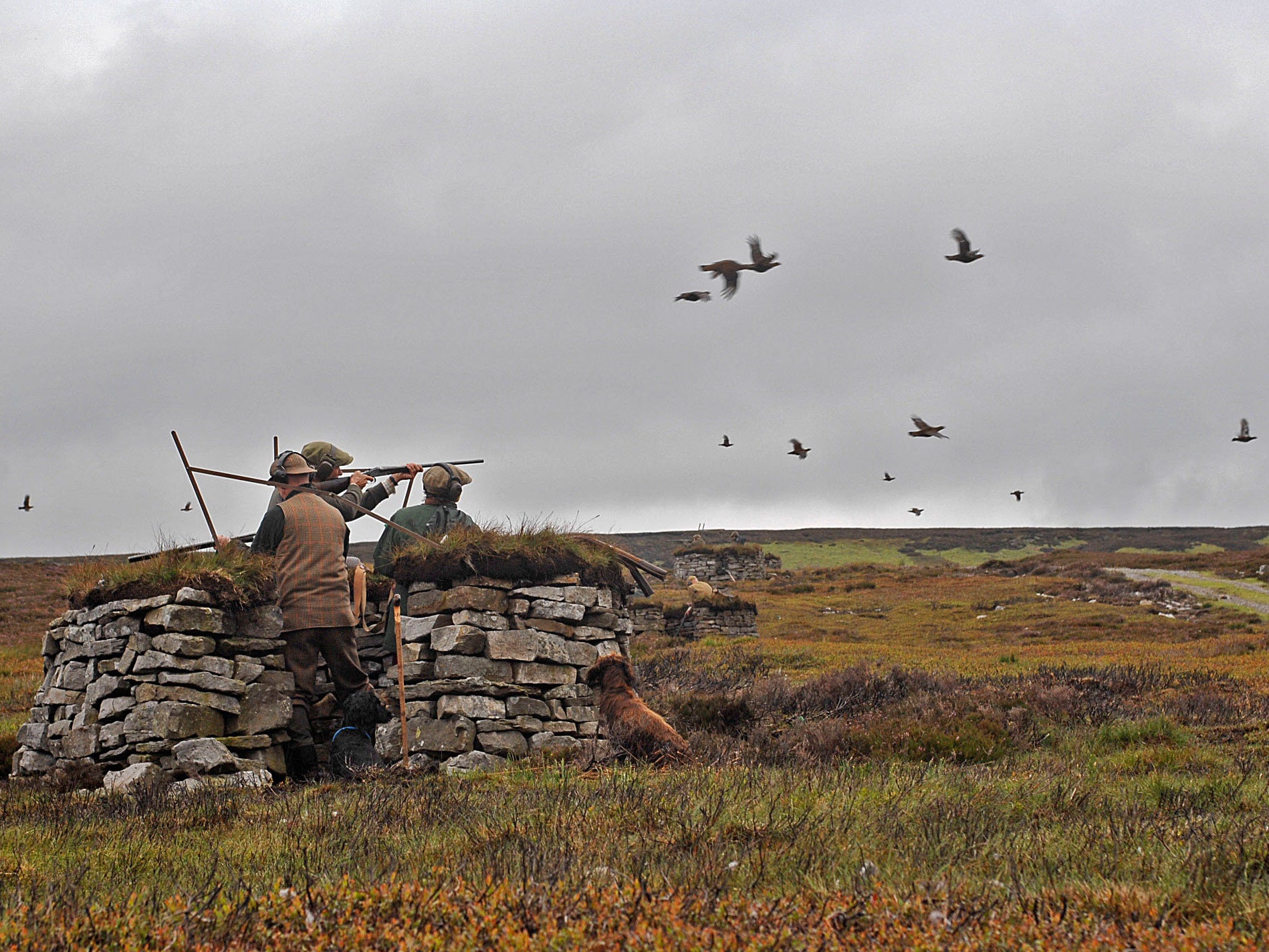Everyone fits into just one of four personality types, study finds
The biggest group of people is envious, the researchers found

Everyone fits into four different personality types, according to a new study – and people are mostly likely to be envious.
New research published in the journal Science Advances looked at 541 people, exploring how they responded to hundreds of different social games.
And it found that people only really responded in ways that put them in four different groups: people who are envious, optimistic, pessimistic or trusting. And more people are envious than anything else, they found.
The study worked by asking people about a range of different situations, each of which involved hunting.
So, for example, people might be told that two people can hunt for deer by working together, or they can go it alone and catch rabbits. The respondents were then told to decide which of the things they’d do.
Someone who is envious would look for rabbits because they’d be able to do more for themselves, for instance. Optimists would work together because that’s the best option for all. The pessimist would opt for rabbits because there’s more chance of at least catching something. And a trusting person would opt for co-operation, working together to catch the deer.
And 30 per cent of the people in the study were envious. The largest group was mostly looking to triumph and beat the other hunter – irrespective of whether that actually led to better results all round.
Only a small fraction of people didn’t fit into any of the groups at all, despite the varied range of questions, according to the researchers from Universidad Carlos III de Madrid.
The researchers said that the study was inspired by the fact that many people find using games to be a useful way of finding out about human behaviour. But most of those studies just look at one situation and often one specific part of the population to work out how people act.
As such, it is hard to generalise about people’s behaviour and understand how consistent it is across different situations.
Join our commenting forum
Join thought-provoking conversations, follow other Independent readers and see their replies
Comments
Bookmark popover
Removed from bookmarks